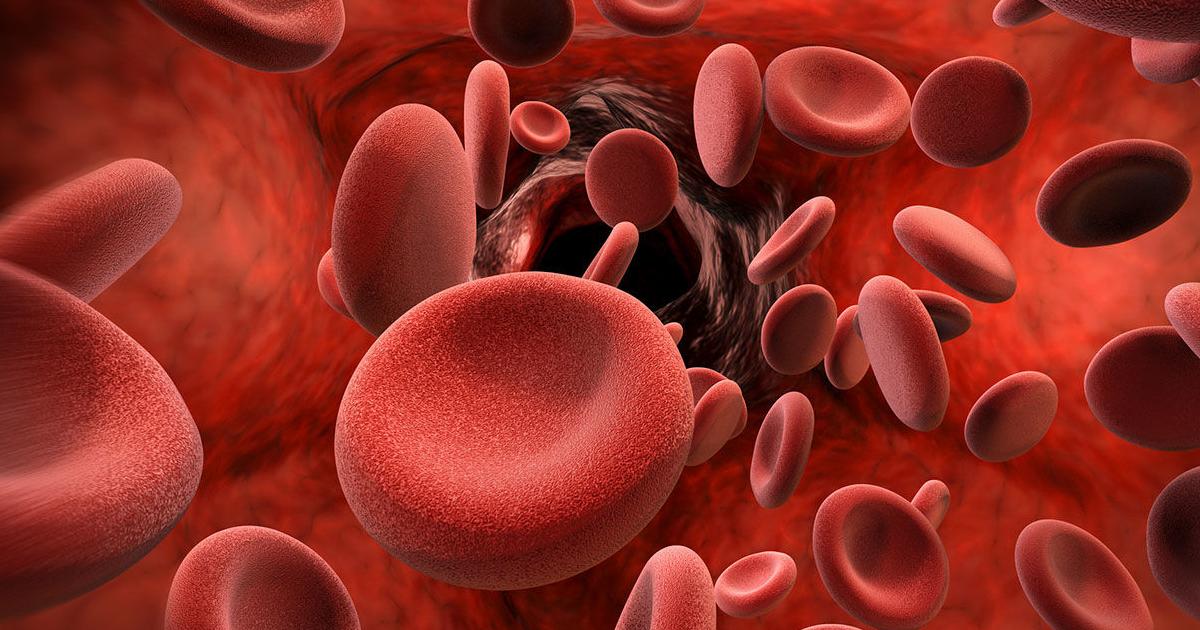What You Need To Know About Hemophilia
Causes And Risk Factors

Hemophilia happens when an individual's blood is unable to properly clot due to the absence of certain blood particles called clotting factors. Most forms of hemophilia are inherited from an individual's parents or grandparents. However, around a third of patients diagnosed with hemophilia have no familial history of hemophilia. These patients have hemophilia caused by a spontaneous mutation in one of the genes in their DNA.
Hemophilia can also be acquired in rare cases. This occurs when an individual's immune system begins to abnormally attack the clotting factors in their blood. Risk factors for acquired hemophilia include autoimmune conditions, pregnancy, multiple sclerosis, and cancer. Factors that increase an individual's risk of having inherited hemophilia include a familial history of the disease and being male. This occurs because hemophilia is caused by a mutation in the X chromosome. When this mutation is passed to a male, they will always have hemophilia. When this mutation is passed to a female, there is a chance she may not have hemophilia.
Understand how hemophilia is diagnosed next.